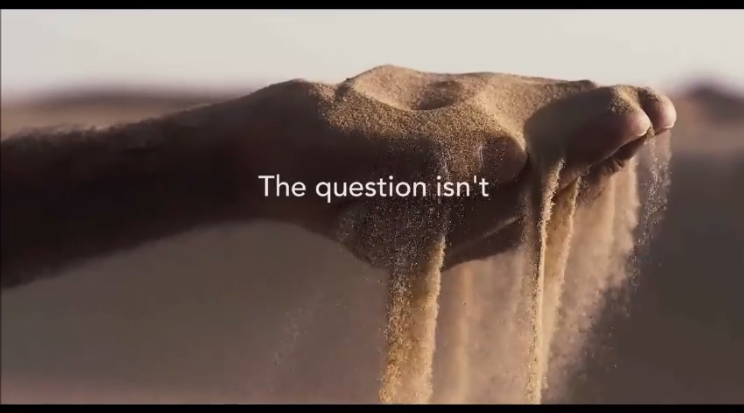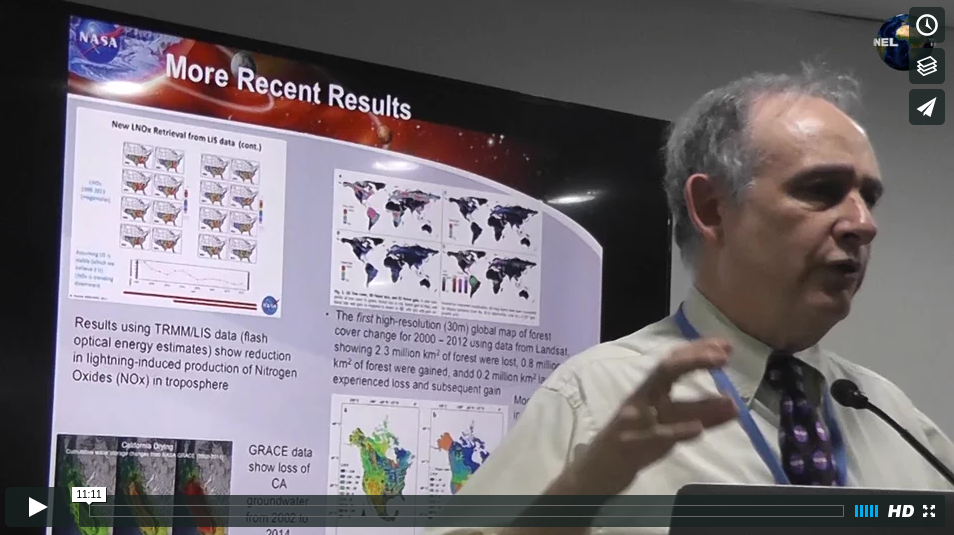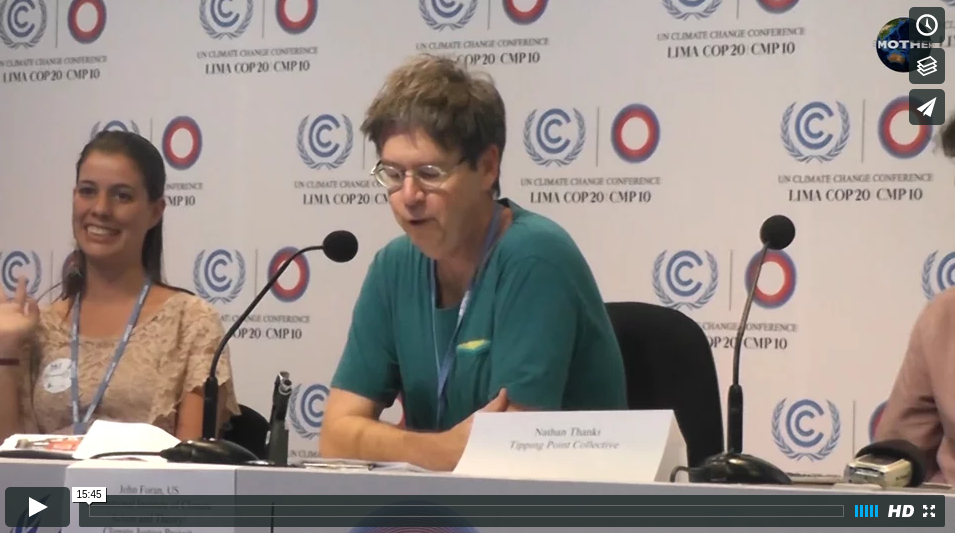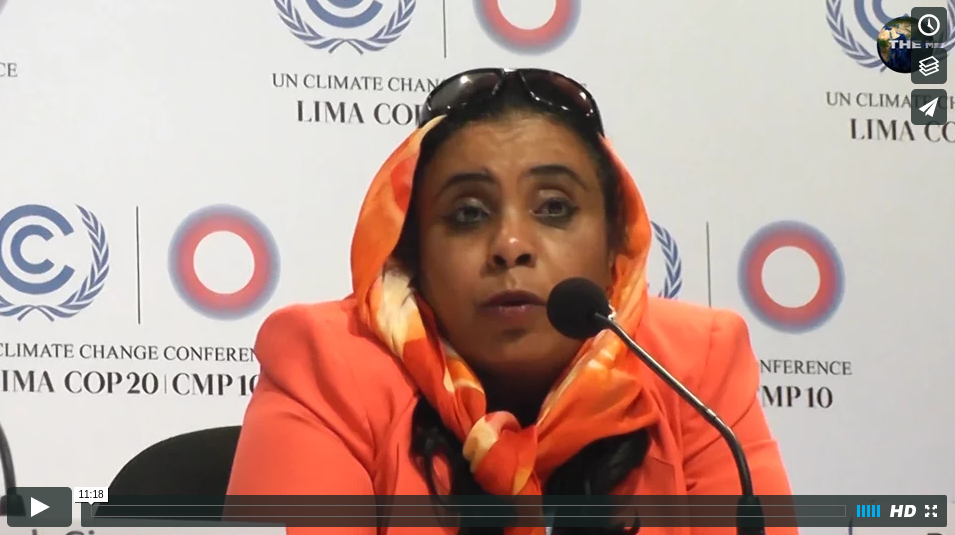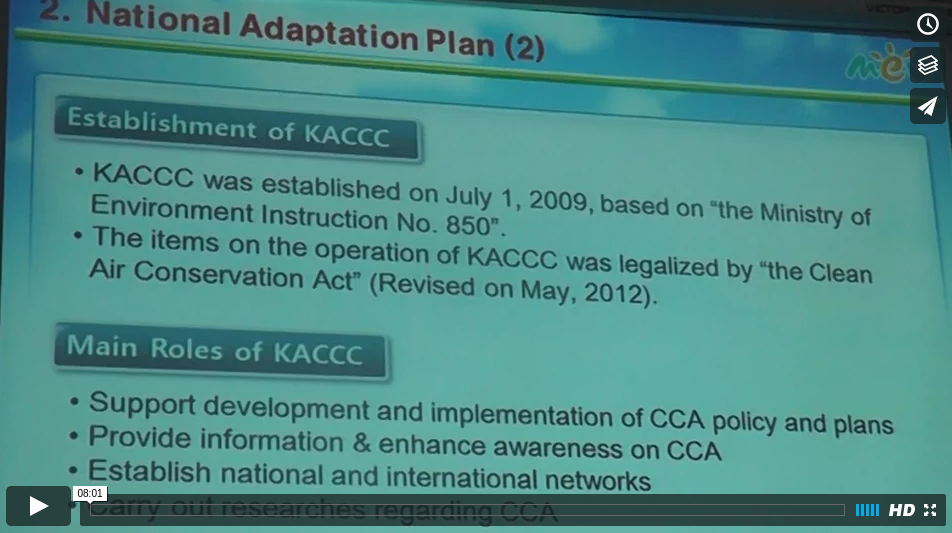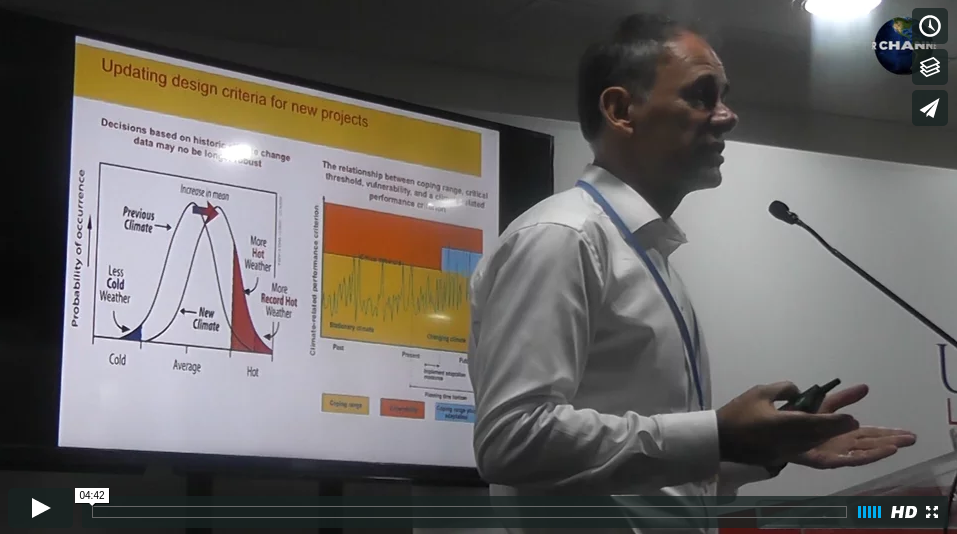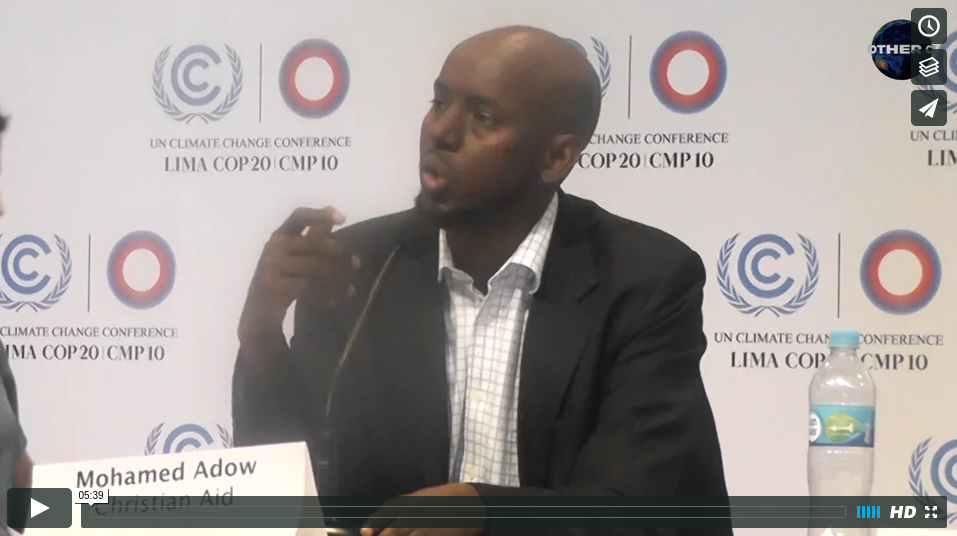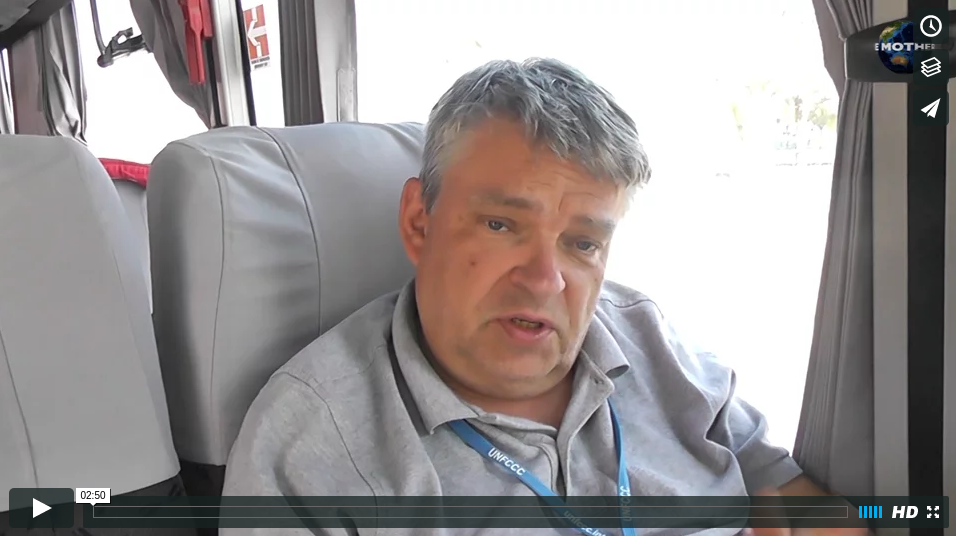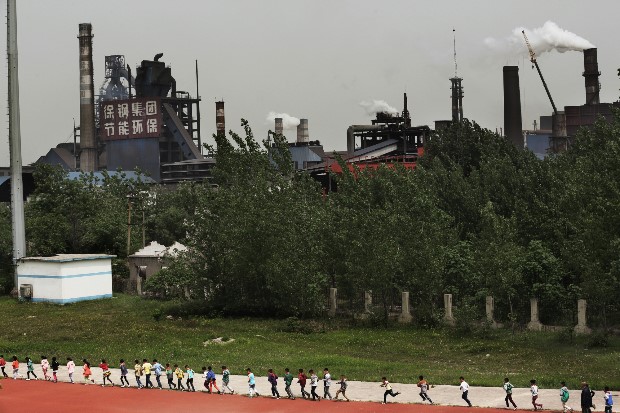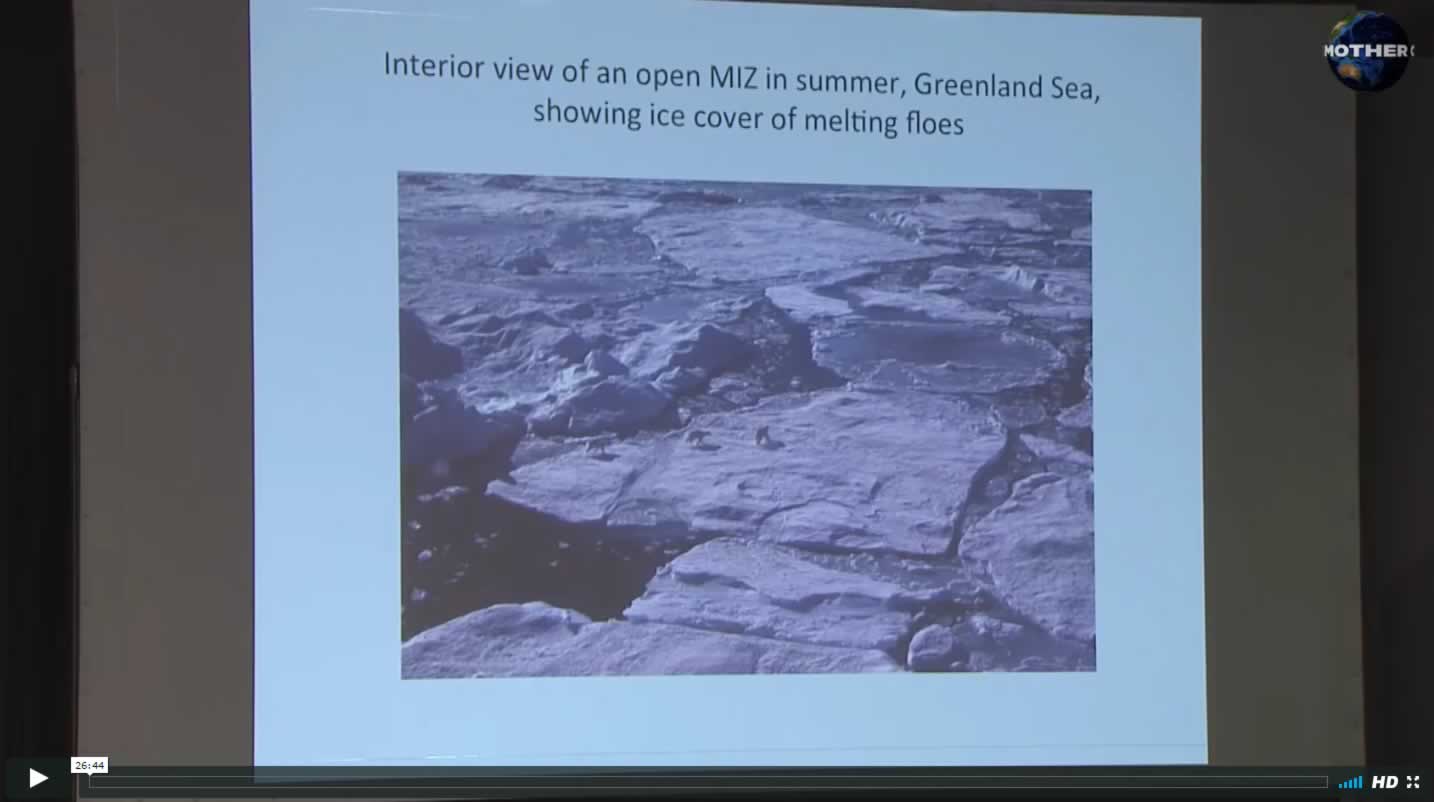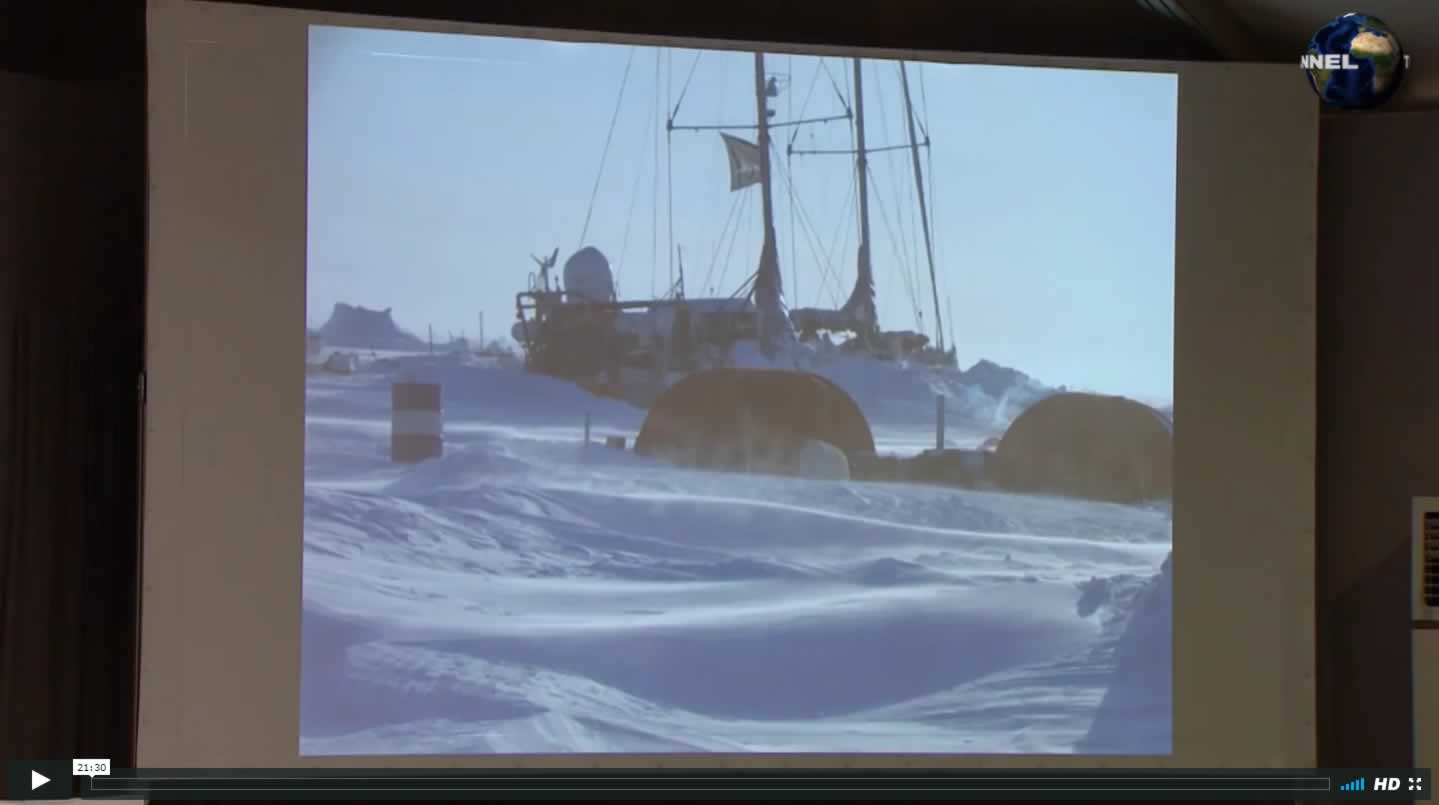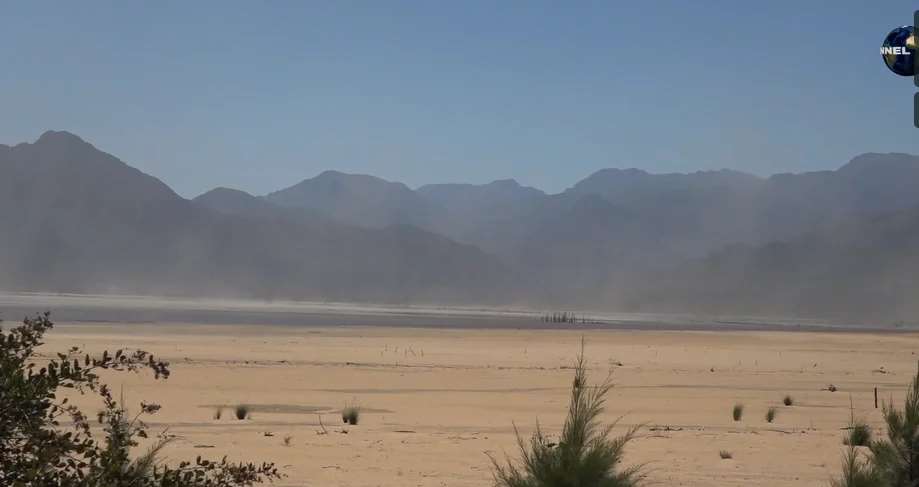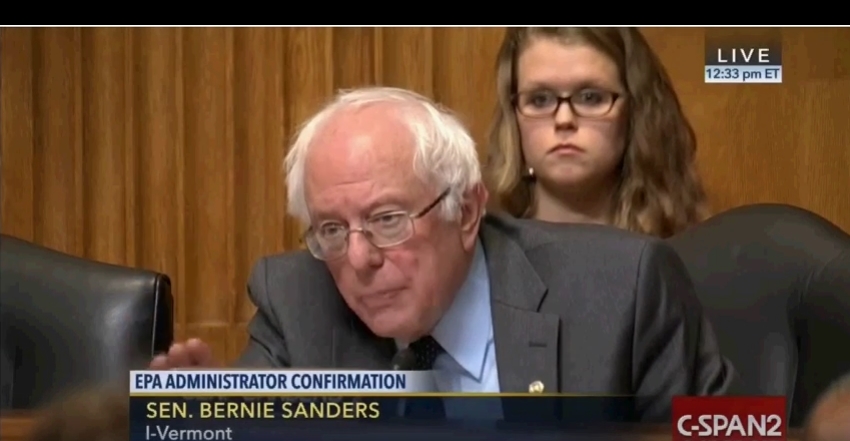- Live Stream
- Climate Change
- ENN
- Environmental Info
- Green Business
- Green Solutions
- Beautiful World
- Categories
- Articles
- Arctic & Glaciers
- Polar Regions and Glacier Reports
- Ethical Dimensions
- Global Warming
- Peatlands & Wetlands
- ENN – The Environmental News Network
- Agriculture
- Chemicals
- Conservation
- Fish Crime
- Forests
- Health
- Mountains
- Oceans
- Energy
- Money
- Green or Gone
- Nutrition
- Permaculture
- Various Solutions
- Powerful
- Watch This
- Water
- Breaking News
- Series ENN
COP 20 Azeb Girmai IofC-Ethiopia on Adaptation & Mitigation Actions
Ms. Azeb Girmai of Initiatives of Change (IofC) and LDC Watch in conjunction with other panel speakers, addressed the issues of lack of support and funding from developed countries for LDC’s (Least Developed Countries) and Africa in terms of adaptation and mitigation, as well as binding adaptation actions not being embedded in the COP negotiations. […]
CLOSE
